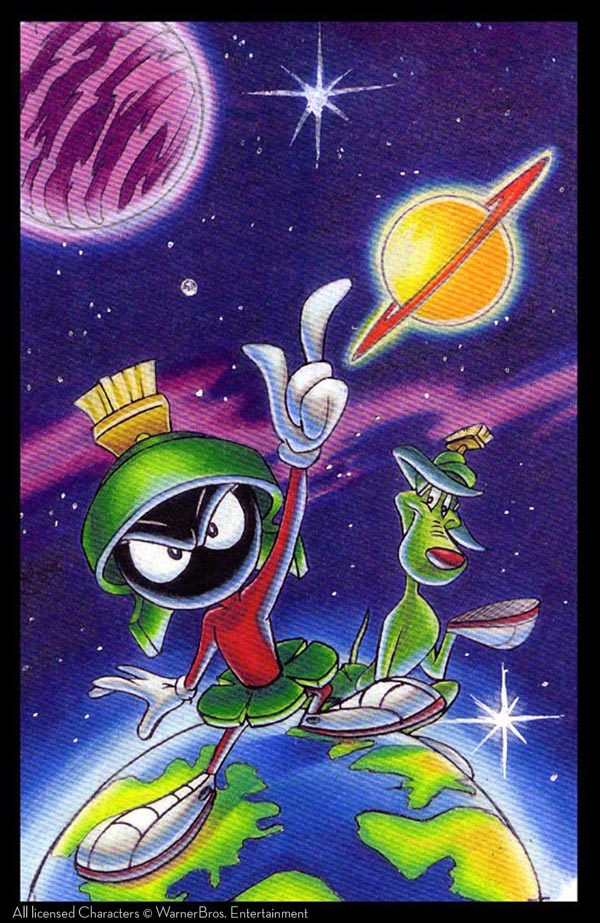Yes, Jesus became man.
Notice, I said "Jesus became man," NOT "the Father became man."
The pre-existent Christ who existed together with God, became a man, and while on earth, He communed through prayer with God the Father (a distinct "person"), not His "heavenly" soul. Like men do not pray to their "other-realm-like self." Men (like Christ) pray to God the Father, and are distinct from God the Father. Such is Christ. He is distinct from God the Father, and will forever remain so and has forever been.
Notice, I said "Jesus became man," NOT "the Father became man."
The pre-existent Christ who existed together with God, became a man, and while on earth, He communed through prayer with God the Father (a distinct "person"), not His "heavenly" soul. Like men do not pray to their "other-realm-like self." Men (like Christ) pray to God the Father, and are distinct from God the Father. Such is Christ. He is distinct from God the Father, and will forever remain so and has forever been.
Yes, it does answer the question. It acknowledges the Father as the "one God," but also acknowledges Christ as the "one Lord" in its Jewish historical context, as all the surrounding OT allusions in 1 Cor. 8-10 make clear. The problem is simple: You have a defunct view of the term, "Lord" and are not applying it the way Paul intends it to be taken. Who exactly is the "one Lord" in the OT?
In Malachi 1, who is the "Lord"? Some subordinate divine figure, second to the "one God"?
In Deut. 31-32 (which Paul heavily draws from), who is the "Lord"? Some subordinate divine figure, second to the "one God"?
What is this name of this "Lord" in the OT texts that Paul alludes (which I cover in Post #55)?
And not only does Paul identify Jesus as this "Lord," but also distinguishes Him as the one "through" whom are all things, from the one "from" whom are all things. This little thing called "intertextuality" is quite a nightmare for Unitarians, because it debunks the defunct view of Paul's use of the term, "Lord."
In Malachi 1, who is the "Lord"? Some subordinate divine figure, second to the "one God"?
In Deut. 31-32 (which Paul heavily draws from), who is the "Lord"? Some subordinate divine figure, second to the "one God"?
What is this name of this "Lord" in the OT texts that Paul alludes (which I cover in Post #55)?
And not only does Paul identify Jesus as this "Lord," but also distinguishes Him as the one "through" whom are all things, from the one "from" whom are all things. This little thing called "intertextuality" is quite a nightmare for Unitarians, because it debunks the defunct view of Paul's use of the term, "Lord."

